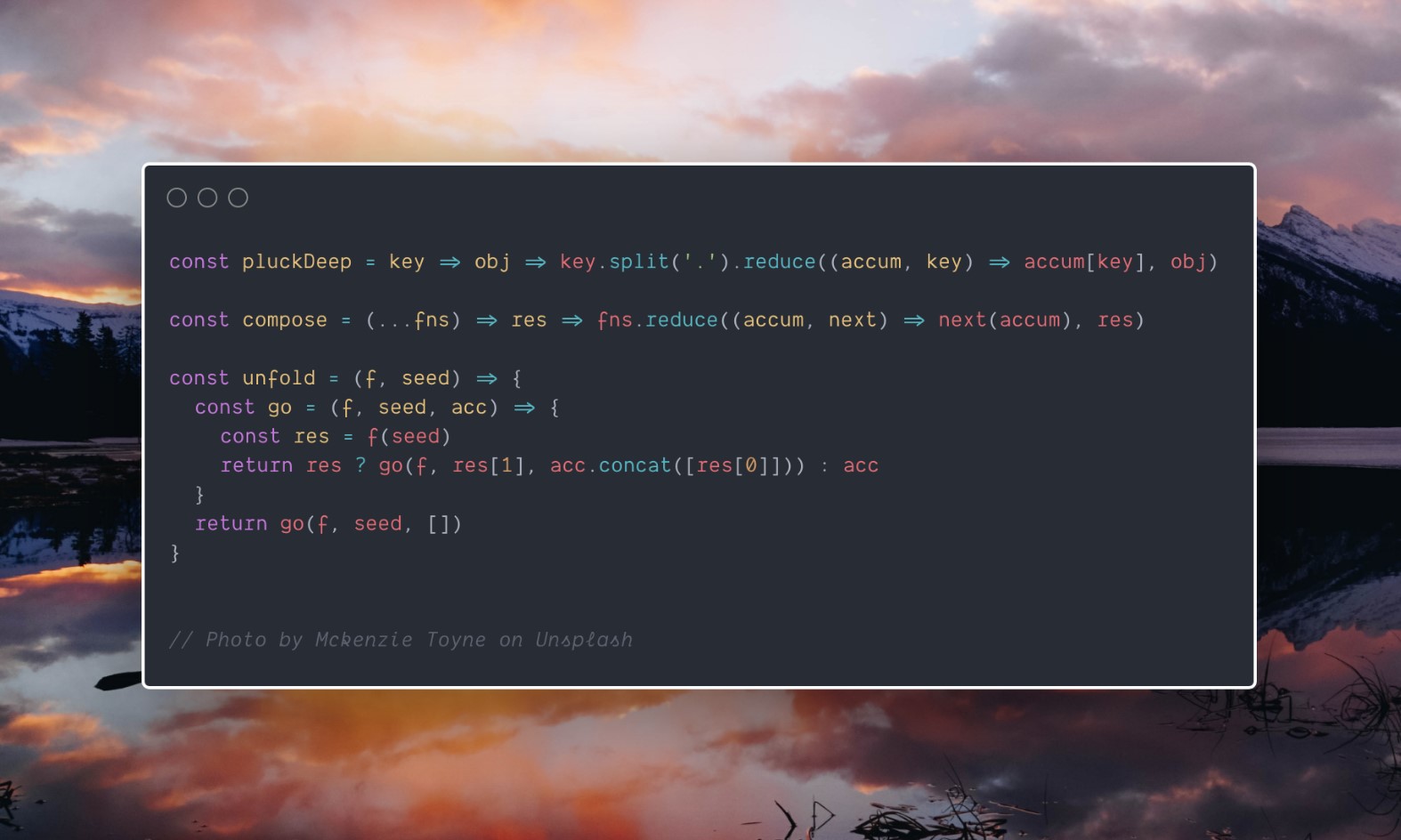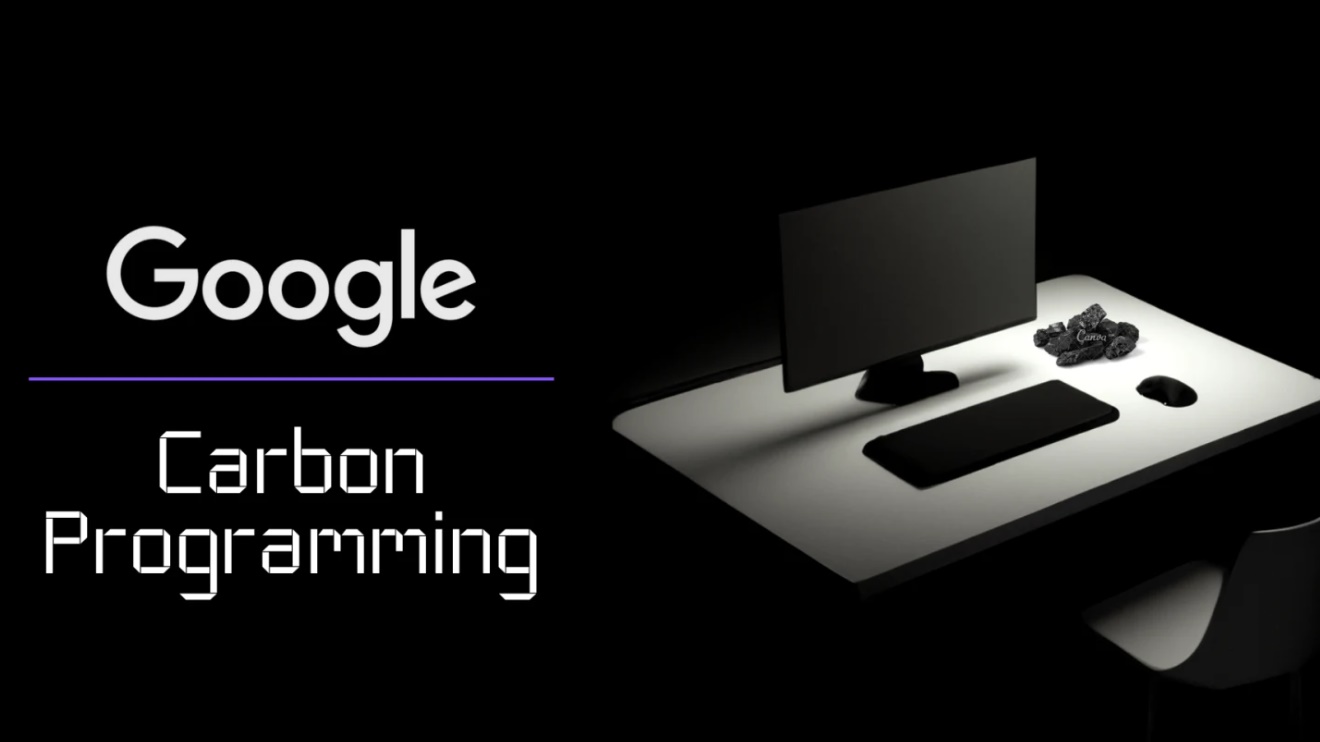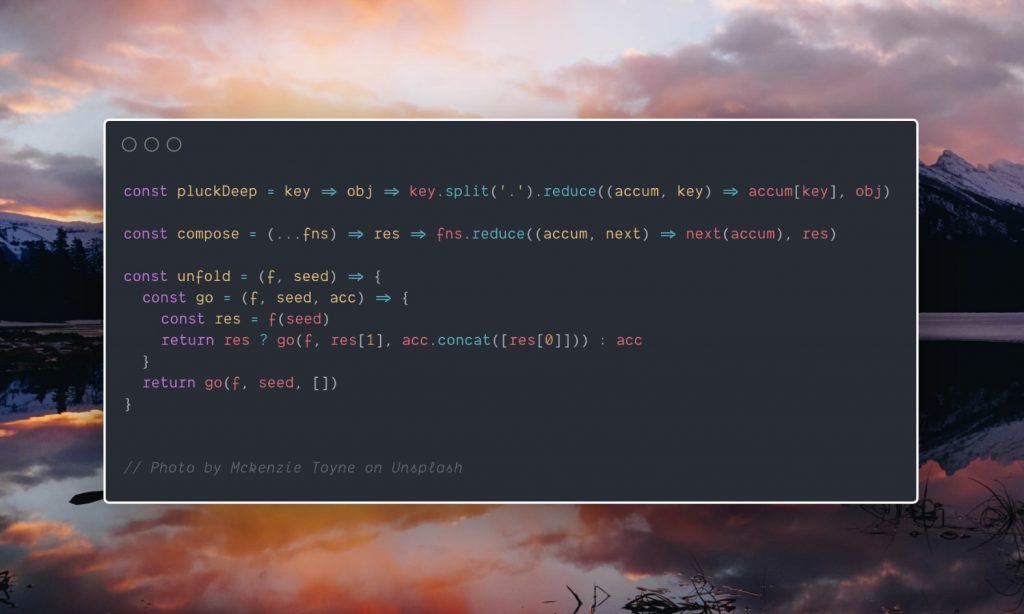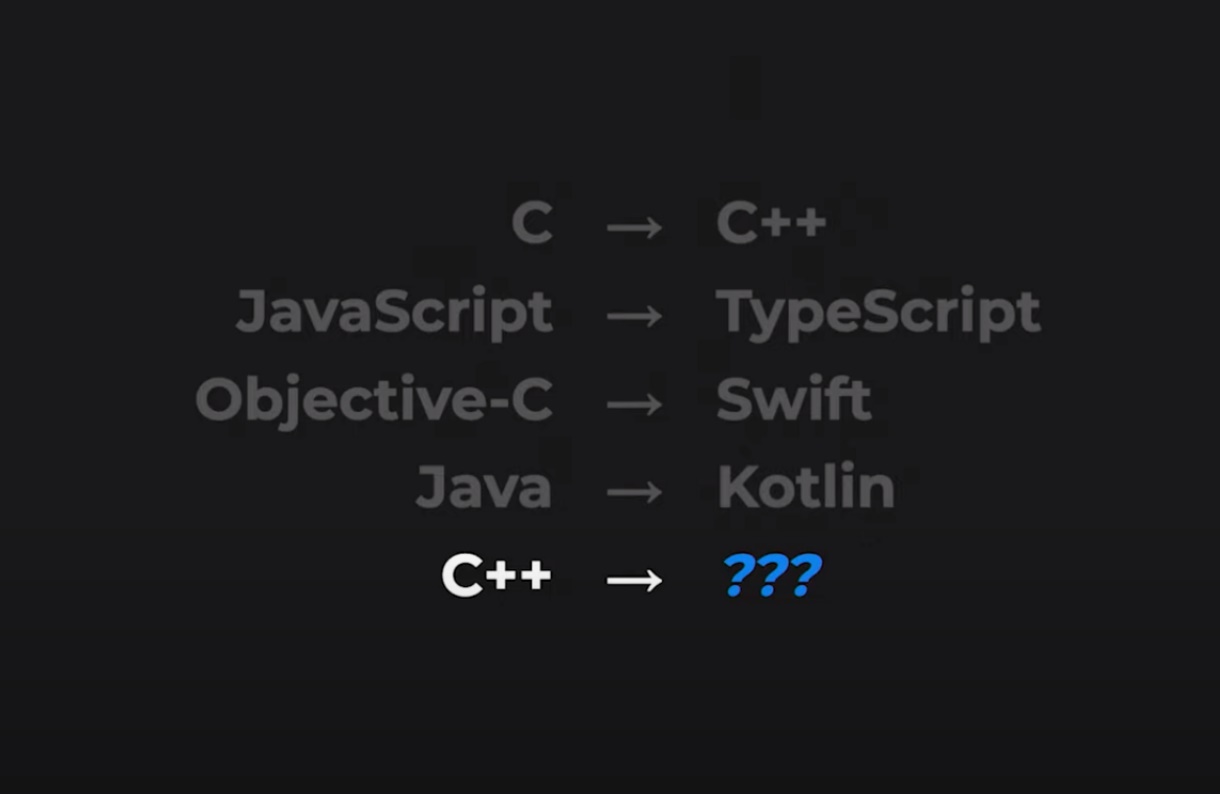
Google Launches Carbon, a Research Replacement for C++ Carbon, Google’s newest programming language, was unveiled today as an experimental successor to C++. Frustrated by the slow evolution of C++, Google engineers have launched Carbona’s new “experimental” open-source programming language that could replace the venerable but ageing C++.
Carbon could serve as a successor language to C++, offering an easy jumping point for developers to a newer language that addresses modern development concepts such as memory safety and generics just. Microsoft built Typescript to update JavaScript and Kotlinto to shore up weaknesses in Java.
Wither C++
It has accumulated decades of technical debt, bringing with it many of the antiquated practices of the language’s forefather, C. Carruth, charged that C++ defenders prioritize backward compatibility to continue supporting widely used projects like Linuxits package management ecosystem.
A bureaucratic committee process also hinders the evolution of the language focused on standardization rather than design. This can make adding new features difficult. C++’s development process is primarily sequestered with a select committee making important decisions in a waterfall process that can take years. “The committee structure is designed to ensure nation. Company representation rather than building an inclusive, welcoming team community of experts and people actively participating.”
“Rather than building an inclusive and welcoming team and community of experts and people actively contributing to the language. The committee structure is designed to ensure representation of nations and companies,” Carruth wrote. “Access to the committee and standard is limited and costly; attendance is required to have a voice decisions are made by live votes of those present.”
Carruth wishes to construct Carbon in a more open, community-led environment. The project will be updated on GitHub and discussed on Discord. While Carbon began as an internal Google project, the development team hopes to reduce contributions from Google. Any other single company to less than 50% by the end of the year. Eventually, they will hand over the project to an independent software foundation, which volunteers will develop.
About C++
Chandler Carruth, a Google engineer, debuted the language this week at the CPP North C++ conference in Toronto. Carruth explained that C++ has long been the language of choice for developing performance-critical applications. It is plagued by several issues that impede modern developers.
Googler Chandler Carruth shared the vision for a new programming language called Carbon today at the Cpp North convention in Toronto, according to Conor Hoekstra, who was in attendance and documented the slides. Carruth began by demonstrating how many of today’s most popular programming language successors. Allows developers to be productive quickly while taking advantage of modern language design.
Android developers are well aware that Kotlin is the successor to Javajust. iOS developers are aware that Swift is the successor to Objective-C. Microsoft’s TypeScript has greatly enhanced JavaScript while remaining user-friendly and capable of being “transpired” back to JavaScript. C++, which is widely used at Google, is a sort of spiritual successor to Java.
What exactly is Google Carbon Code?
To address the shortcomings of C++, Google engineers created the Carbon programming language. Many existing languages, such as Golang and Rust, already mirror the performance of C++ without its flaws. Unfortunately, the migration of existing C++ codebases is hampered by these languages.
Carbon aspires to be TypeScript for JavaScript and Kotlin for Java. It is not a replacement but a successor language designed to work with C++. It seeks widespread adoption and migration of existing codebases and developers.
Carbon Characteristics
Carbon’s key features are C++ interoperability, modern generics, and memory safety.
Interoperability With C++
Carbon aims to provide a gradual learning curve for C++ developers using a standard, consistent set of language constructs.
Within an application, you can also migrate a single C++ library to Carbon or add new Carbon code on top of existing C++ code.
Carbon’s Roadmap Shows Long-Term Planning
According to the Carbon roadmap, Google will make the experiment public by the end of 2024, releasing a core working version (0.1). They intend to release a 0.2 version in 2024 and a full 1.0 release in 2024-2025. Whether Google can replicate the success of their other languages, Golang and Kotlin, remains to be seen.




